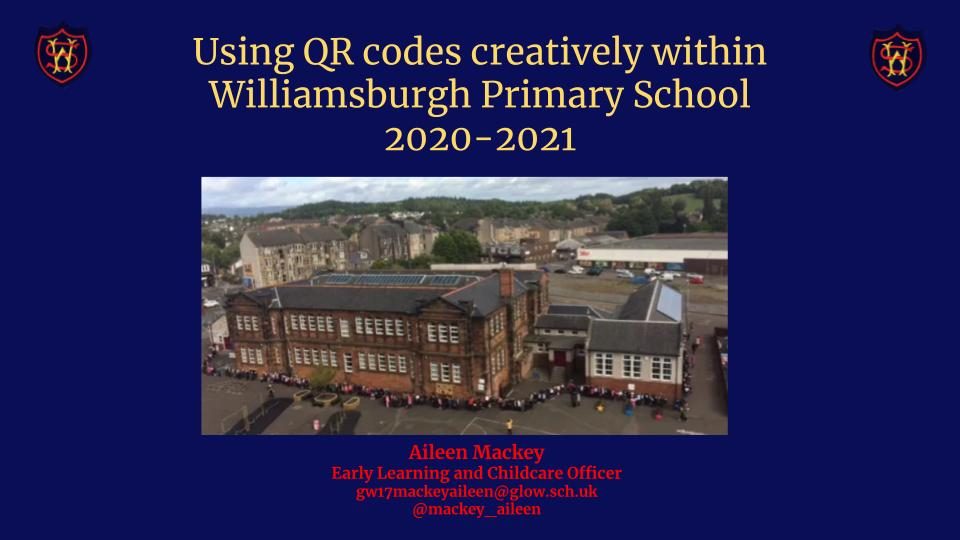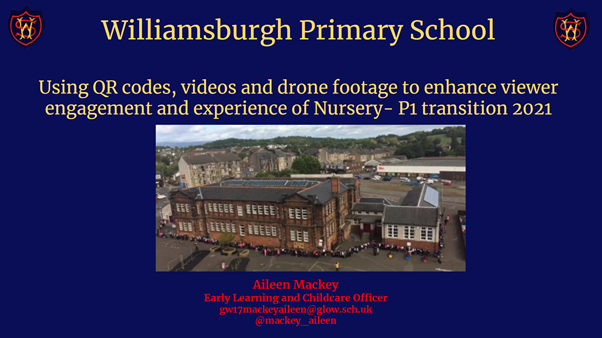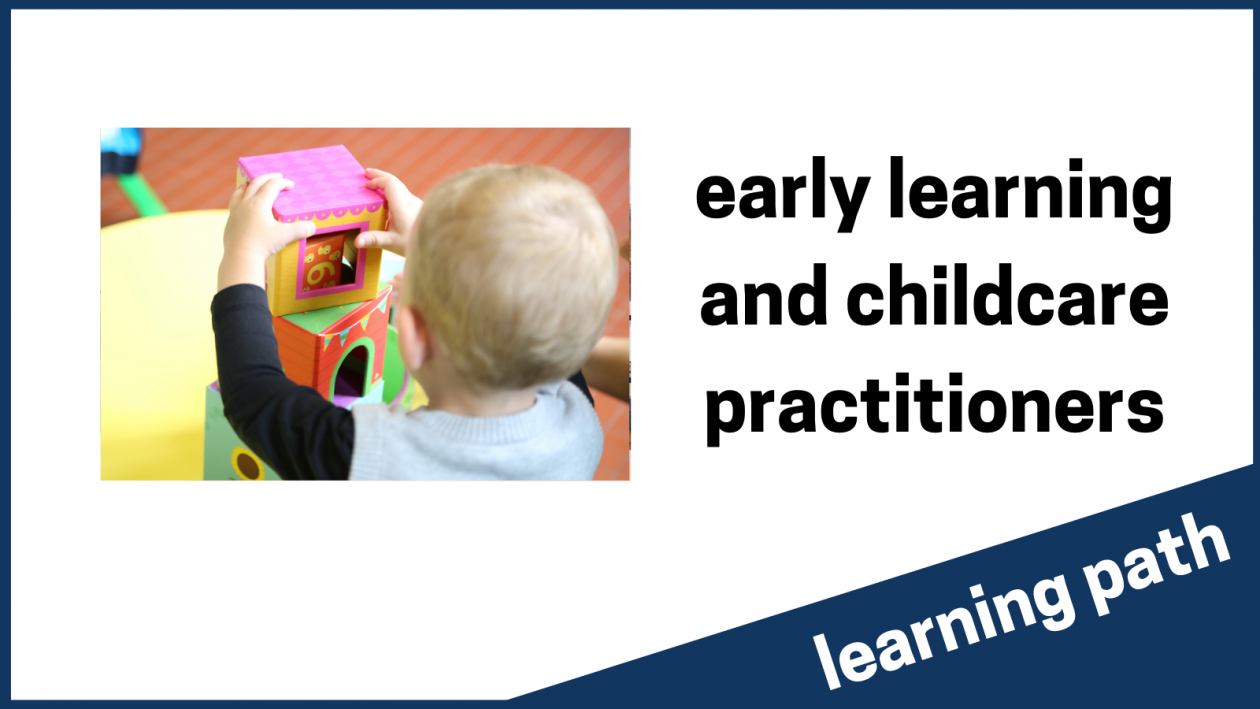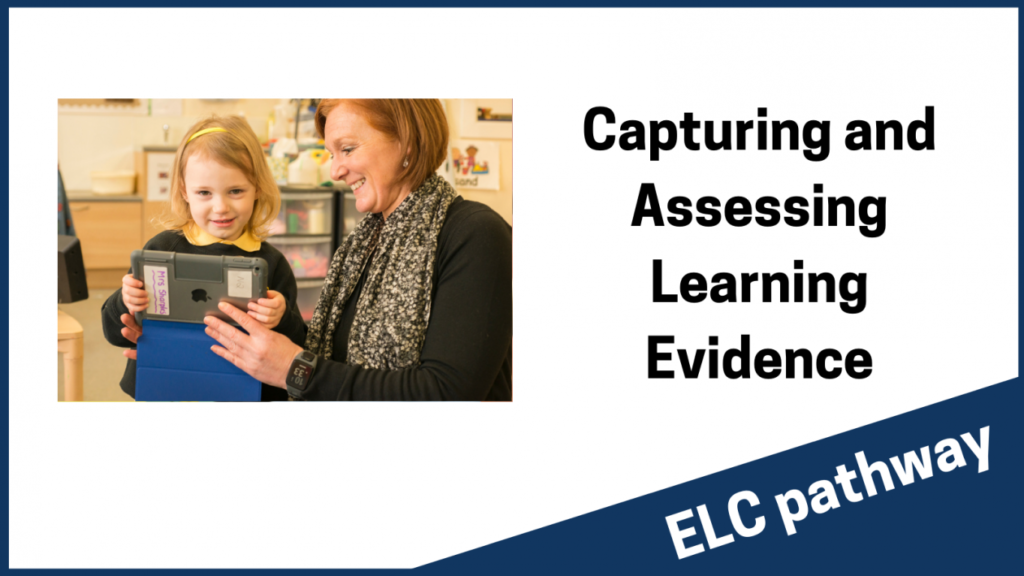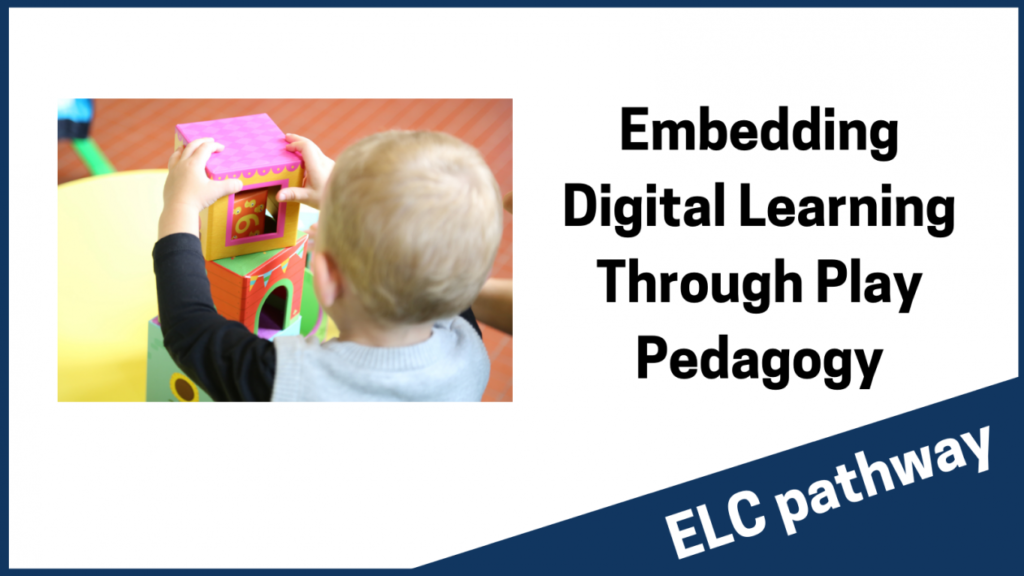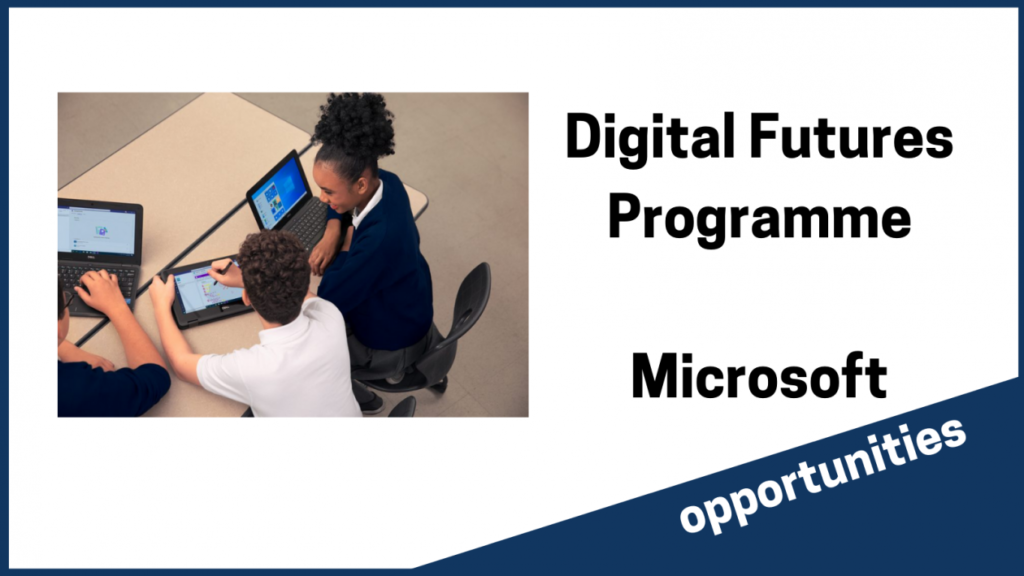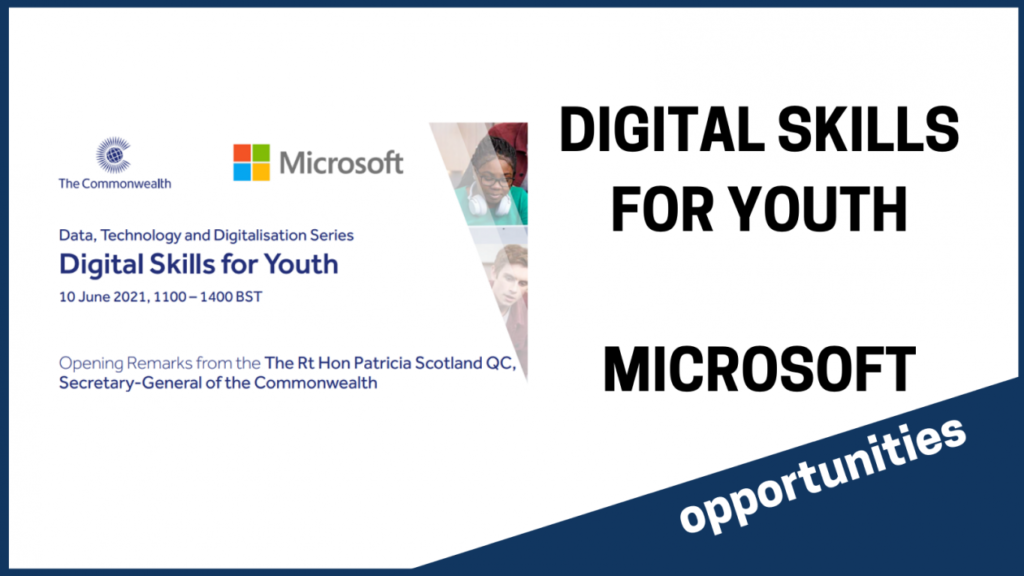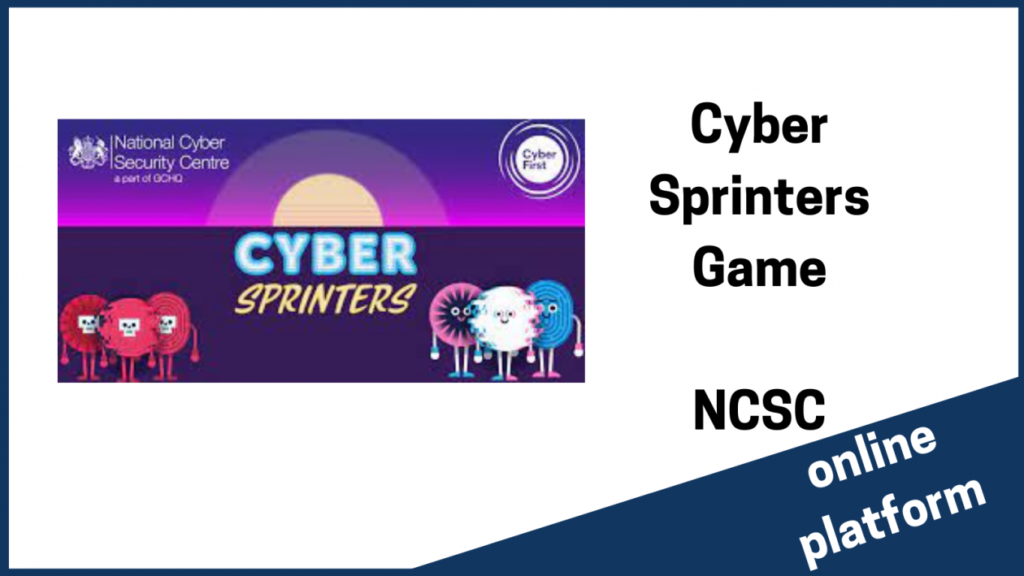The following link showcases how QR codes have been creatively used within our school in order to enhance children’s engagement in learning and play, improve digital literacy across the curriculum, overcome written communication and interpretation barriers, provide opportunities for vertical learning through interactive displays, and deliver a sustainable and efficient method for staff training, to enhance our service provision. Evaluation and feedback on the success of these strategies is also included within this blog post.
Link to presentation – https://bit.ly/3l0oU3z
